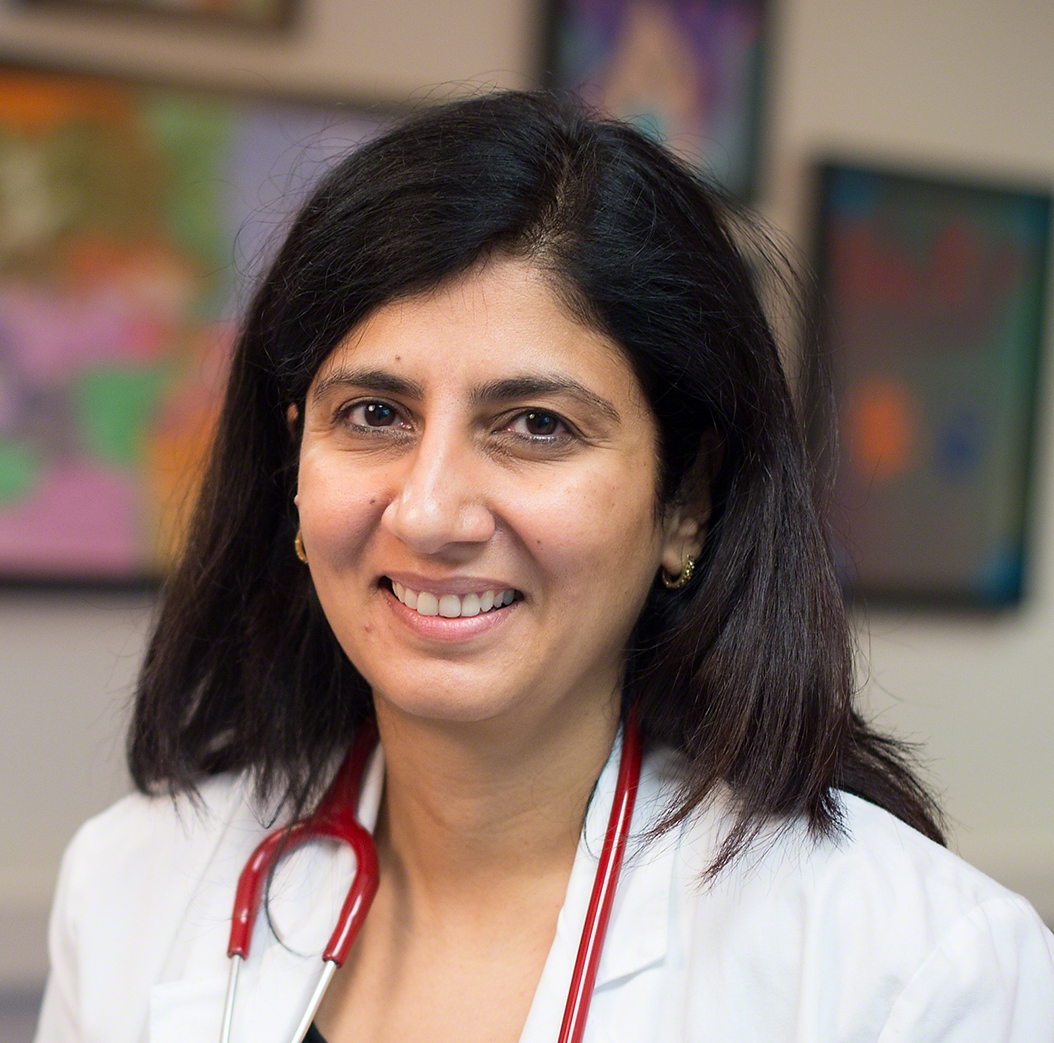- Discovery of high-risk subtypes of ALL
Historically, a subtype of acute lymphoblastic leukemia (ALL) known as Philadelphia-chromosome positive ALL had been difficult to treat, but the addition of new drugs like imatinib has resulted in improved cure rates. Recently, by genomic studies, another high-risk subtype of ALL was discovered, called “Philadelphia-chromosome-like ALL” (Ph-like ALL). The frequency of this subtype increases with age, and is more common in adolescents and young adults. Researchers are unravelling several genetic alterations associated with Ph-like ALL, some of which may be targeted by drugs that are already available. The development of widely accessible tests to identify Ph-like ALL is ongoing. By understanding the biology of different types of ALL, treatment can be individualized, which will ultimately lead to improved outcomes.
- Promising immunotherapy available within clinical trials
In general, chemotherapy kills rapidly dividing cells. In addition to killing the leukemia cells, some of the normal cells of the body are also harmed. CAR T-cell therapy is a new method of treating ALL that is currently being studied in multiple clinical trials. The patient’s own T-cells (a type of white blood cell of the immune system) are harvested, engineered in the laboratory to recognize a specific protein on ALL cells and are then given back to the patient. These engineered T-cells hunt down leukemia cells in the body and use the patient’s own immune system to destroy the leukemia cells. Multiple clinical trials are ongoing and the results are very encouraging.
- Improved use of chemotherapy
Asparaginase is a chemotherapy used commonly in the treatment of ALL. Though it is effective, it can cause many side effects such as allergic reactions, blood clots and pancreatitis. These side effects are more frequent with increasing age of the patient. New formulations of asparaginase with decreased risk of allergic reactions are now available. Tests to monitor the level of activity of asparaginase in the blood have been developed to enable physicians to utilize asparaginase more effectively.
Read Q&A's with other LLS-funded researchers here

Deepa Bhojwani, M.D., is director of the Leukemia/Lymphoma Program within the Children’s Center for Cancer and Blood Diseases at Children’s Hospital Los Angeles.
